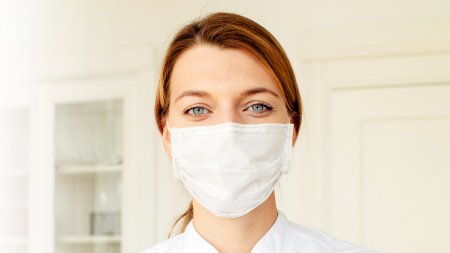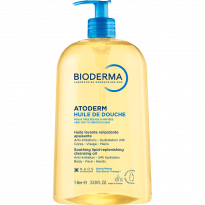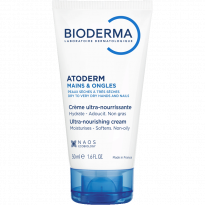Understand my skin
Dermatological skincare advice: how to take care of your skin after the lockdown
Your skin is about to rediscover the outside world.
It is important to help your skin re-adapt to it. Sun, pollution, stress, all these daily factors can greatly make your skin more sensitive. Protective measures - frequent hand washing and wearing a mask – can also alter your skin if not combined with an adapted skincare routine. Below is some advice to help your skin barrier remain the better protection against external aggressions.
































